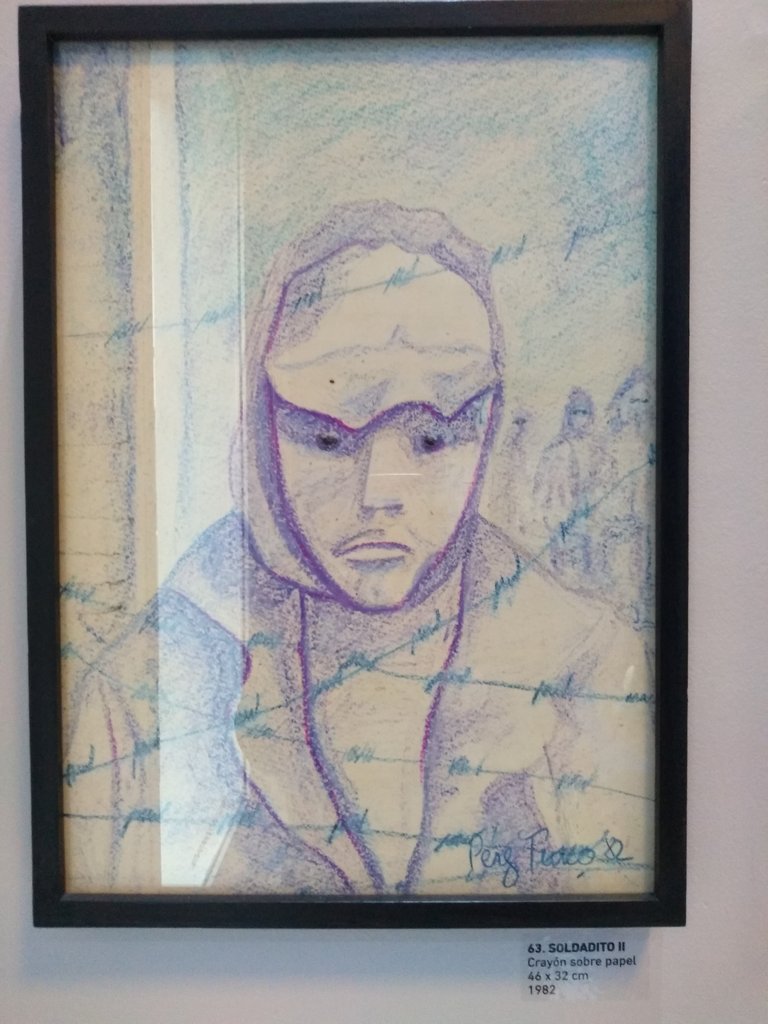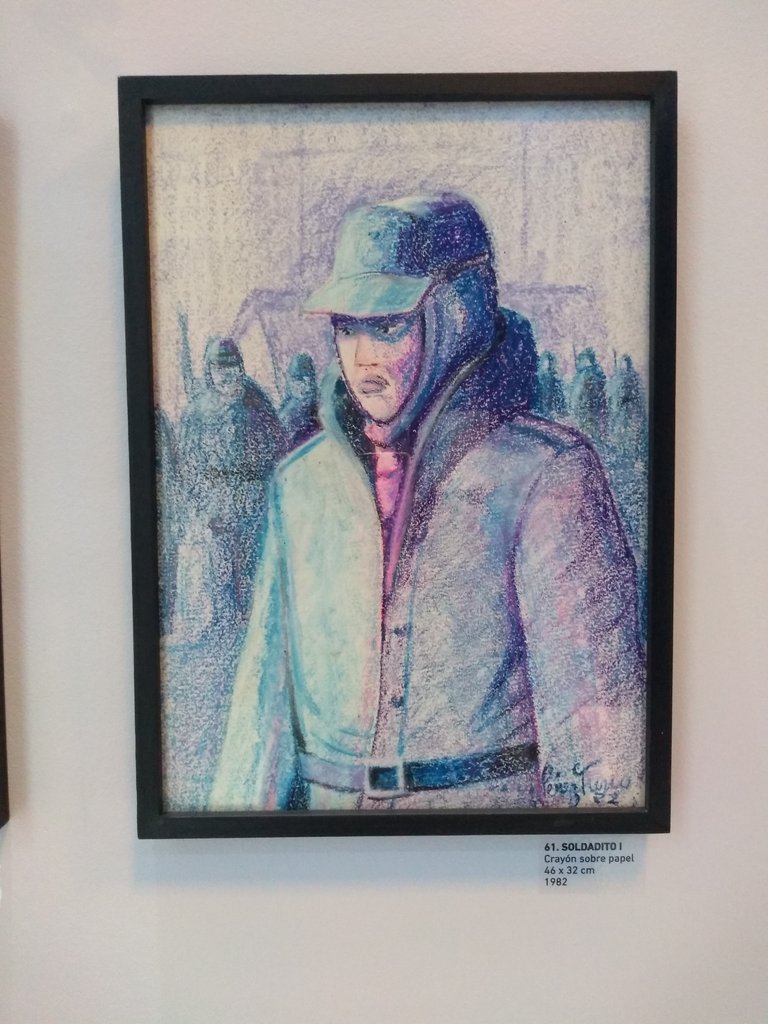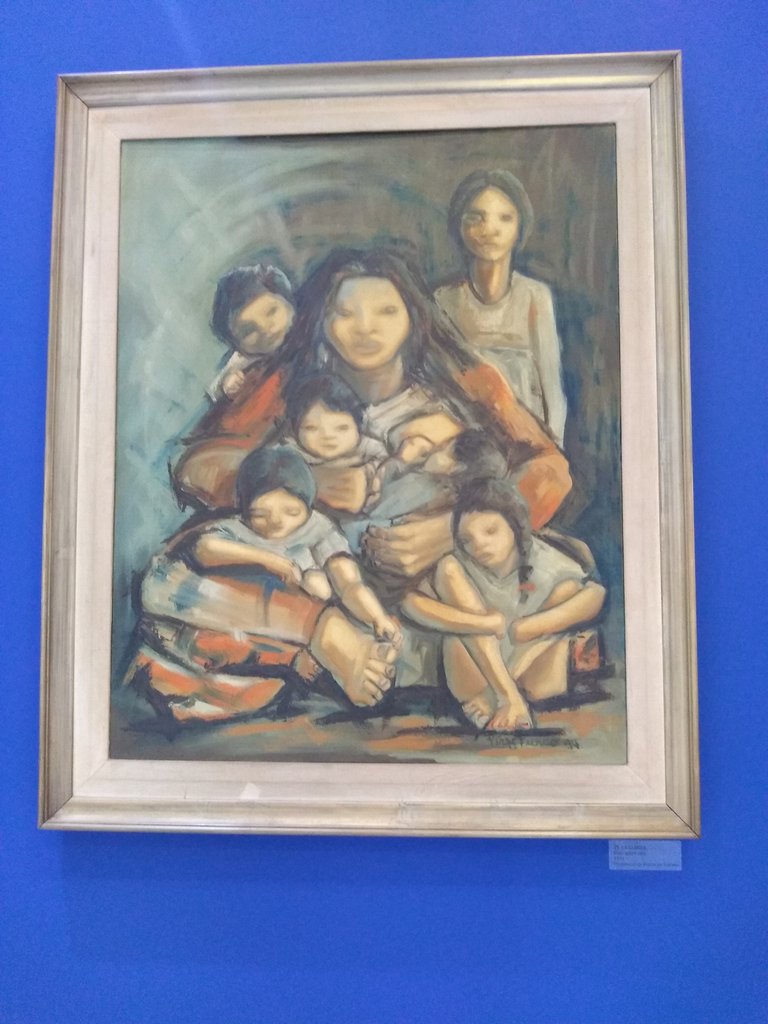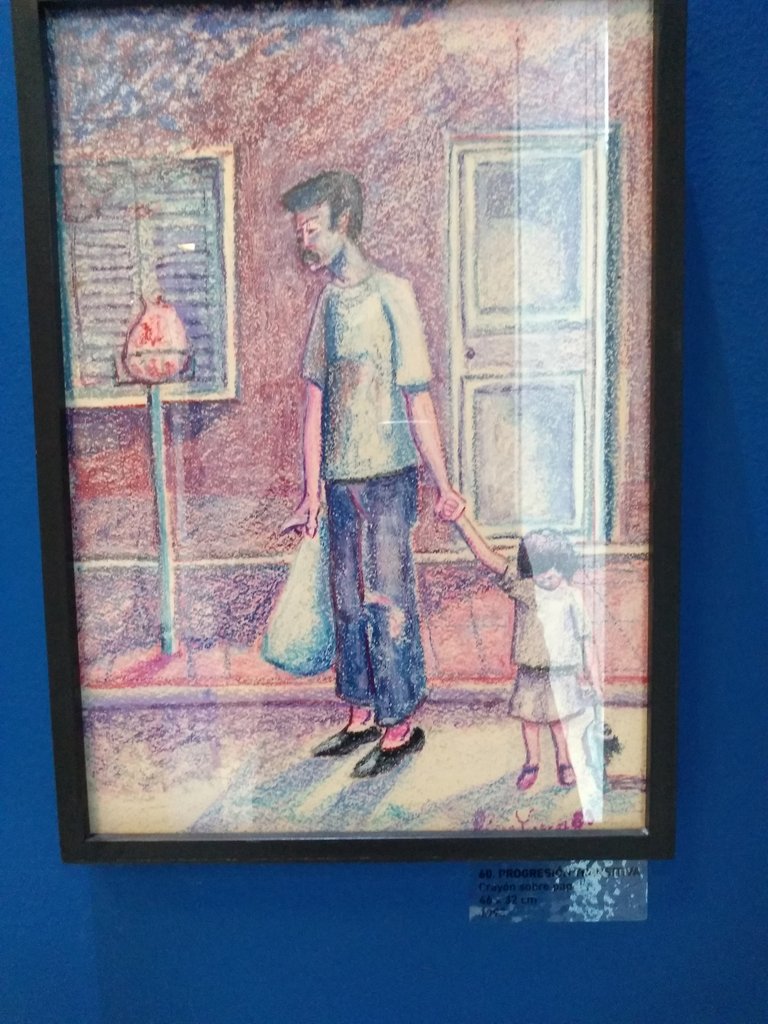Islas Malvinas... 43 años después / Islas Malvinas...43 years later
Una de las cosas que mas he visto y escuchado desde que llegué a Argentina, es la letanía que dice que "las Malvinas, son argentinas", y si bien sabía sobre el conflicto existente y entiendo la importancia geopolítica del asunto, me parecía un poco monótono hacer un reclamo que al parecer nadie escucha.

Por supuesto, mi naturaleza pragmática se pone de manifiesto con este pensamiento, pero evidentemente hay mucho de trasfondo en el tema, aunque este post va más hacia las heridas que dejó en muchos hombres el conflicto armado al que se lanzó el gobierno de turno, tratando de lograr una ventaja dentro de la terrible gestión del dictador Leopoldo Galtieri.

En mi trabajo he podido conocer a muchos héroes de Malvinas, y siendo amante de la historia, el poder conocerla de primera mano me resultaba fascinante, aunque para ellos el recordar resultaba tan doloroso, que en muchos casos preferían decir que no tenían mucho que decir.

Es así que el tema de las Islas Malvinas, luego de esto ha tomado otro matiz, uno que va más con el honor y el dolor de todos aquellos que fueron obligados a participar en una guerra sin siquiera estar preparados tácticamente. De ahí la pregunta obligada, ¿por qué someter a estos jóvenes a semejante situación? Acaso ¿ellos también eran del bando enemigo?

Igualmente, recordar todo este conflicto me lleva a pensar en la importancia de conocer la historia, sobre todo en la actualidad, cuando los hechos irrelevantes prevalecen ante los detalles, para evitar que se repita, pero también el hecho de aprender a reconocer las mentiras en el mundo de la política, pues todavía vemos que un líder populista es capaz de mover masas y moldearlas a su antojo.

No es solo un pedazo de tierra lo que se sigue peleando en Malvinas, es el honor y la memoria de toda una generación marcada por el conflicto, el evitar que los jóvenes dejen su futuro en manos de un líder o en esperar que sean los demás quienes digan hacia donde es el camino correcto.

One of the things I have seen and heard the most since I arrived in Argentina is the litany that ‘the Malvinas are Argentine’, and while I knew about the existing conflict and understand the geopolitical importance of the issue, it seemed a bit monotonous to make a claim that apparently no one listens to.

Of course, my pragmatic nature is evident in this thought, but evidently there is a lot of background to the issue, although this post is more about the wounds left on many men by the armed conflict that the government of the day engaged in, trying to gain an advantage during the terrible administration of the dictator Leopoldo Galtieri.

In my work I have been able to meet many heroes of the Malvinas, and being a lover of history, I found it fascinating to know it first hand, although for them remembering was so painful that in many cases they preferred to say that they did not have much to say.

So the subject of the Falkland Islands has since taken on a different nuance, one that is more about the honour and pain of all those who were forced to participate in a war without even being tactically prepared. Hence the inevitable question: why subject these young men to such a situation? Were they also on the enemy's side?

Likewise, remembering this whole conflict leads me to think about the importance of knowing history, especially nowadays, when irrelevant facts prevail over details, to avoid a repetition, but also the fact of learning to recognise the lies in the world of politics, as we still see that a populist leader is capable of moving the masses and moulding them to his whim.

It is not just a piece of land that is still being fought over in the Malvinas, it is the honour and memory of a whole generation scarred by the conflict, to prevent young people from leaving their future in the hands of a leader or waiting for others to tell them which is the right path.
Foto/Photo by: @mamaemigrante. Créditos al artista Carlos Pérez Turco por las obras presentes en esta publicación / Credits to the artist Carlos Pérez Turco for the artwork included in this publication.
Edición/Edited by @mamaemigrante using canva
Translated and formatted with Deepl
Since I was a teenager I have heard about it, my husband has told me a lot about it too. As you say, it is not just a piece of land, but a cultural, historical and moral value. In the end it is always the people who suffer from the decisions of the most powerful.
No había escuchado jamás de este conflicto. Realmente es conocer la historia, nos da mucha información sobre el por qué las cosas funcionan hoy en día de la manera en que lo hacen.
Gracias por compartir con nosotros una parte más de la historia que no conocía.
Ya le digo a mí hijos que empiecen a averiguar todo.
Hasta pronto 🤗.
Este post ha sido votado y curado por el equipo Hive Argentina | Participa en nuestro Trail de curación.
Únete a nuestro Trail Aquí.
Puedes hacerlo también en nuestros enlaces preconfigurados de Hivesigner:
| 10 HP | 25 HP | 50 HP | 100 HP | 250 HP | 500 HP | 1000 HP | 1500 HP | 2000 HP |
¿ᴺᵉᶜᵉˢᶦᵗᵃˢ ᴴᴮᴰ? ᵀᵉ ˡᵒ ᵖʳᵉˢᵗᵃᵐᵒˢ ᶜᵒⁿ @ruta.loans
Si creo que leí sobre este conflicto, es importante conocer la historia y mas si es a través del arte. Esos cuadros están preciosos.